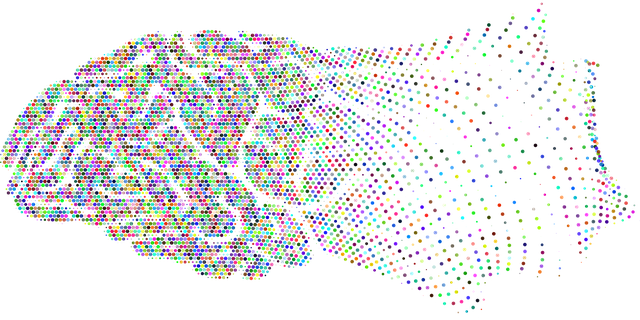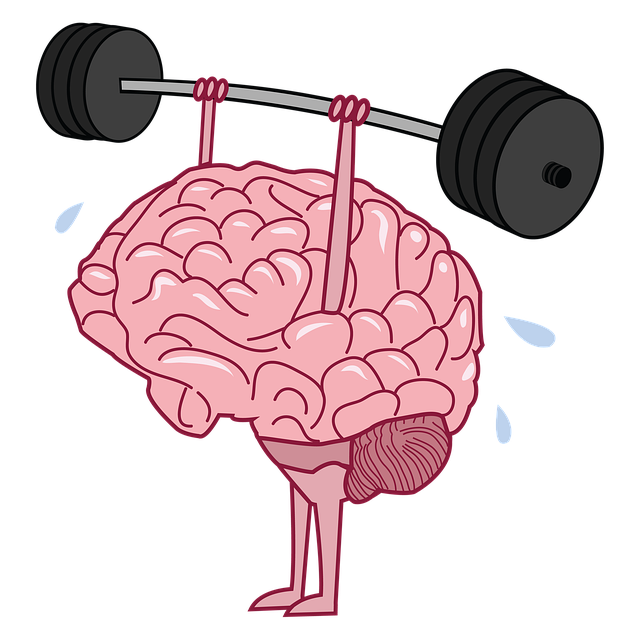Mental illness stigma reduction is a vital step towards fostering understanding and improving mental healthcare access. This article explores effective strategies to combat the pervasive impact of stigma, focusing on its effects on individuals’ willingness to seek help. We delve into education as a powerful tool for changing perceptions, communication techniques for healthcare professionals, and the crucial roles of family and community support in recovery. Additionally, we present a case study of Arvada Sexual Addiction Therapy, demonstrating successful stigma reduction efforts.
- Understanding the Impact of Stigma on Mental Health
- The Role of Education in Reducing Stigma
- Effective Communication Strategies for Healthcare Professionals
- Supporting Recovery: Roles of Family and Community
- Arvada Sexual Addiction Therapy: A Case Study in Stigma Reduction
Understanding the Impact of Stigma on Mental Health

The impact of stigma on mental health cannot be overstated, especially when it comes to conditions like sexual addiction, which has long been shrouded in secrecy and misunderstanding. Arvada Sexual Addiction Therapy emphasizes that stigma often leads to a cycle of isolation and shame, hindering individuals from seeking help and support. This can profoundly affect one’s overall well-being, exacerbating symptoms of anxiety and depression. By promoting understanding and empathy, reduction efforts aim to foster an environment where those struggling can openly discuss their experiences without fear of judgment.
In this context, stress reduction methods and mood management techniques play a crucial role in combating stigma. Encouraging open conversations about mental health, educating communities, and providing accessible resources are key strategies. Moreover, addressing anxiety relief mechanisms can empower individuals to take control of their mental health journey, thereby reducing the societal barriers that often accompany mental illness.
The Role of Education in Reducing Stigma

Education plays a pivotal role in reducing the stigma surrounding mental illness, particularly conditions like sexual addiction. By integrating comprehensive education into community settings and schools, individuals can gain a deeper understanding of various mental health challenges, including their causes and treatments. This knowledge breakdown of myths and misconceptions is a powerful tool in fostering empathy and breaking down barriers.
Arvada Sexual Addiction Therapy, for instance, emphasizes the importance of education as part of its therapeutic processes. Through workshops, seminars, and informational sessions, both clients and the wider community learn about the neurobiology behind addiction, the impact on relationships, and available recovery strategies. This educational approach not only empowers individuals to seek help but also encourages a more supportive environment where emotional healing processes can thrive. Additionally, it aids in the development of inner strength by providing tools for self-care and resilience, which are crucial aspects of mental wellness. Furthermore, understanding risk factors and conducting thorough risk assessments for mental health professionals ensure safe and effective interventions when addressing sensitive issues like sexual addiction.
Effective Communication Strategies for Healthcare Professionals

Effective communication plays a pivotal role in reducing the stigma surrounding mental illness. Healthcare professionals, be it therapists or counsellors, can significantly impact how individuals perceive and understand various mental health conditions. Using simple, non-technical language when explaining diagnoses, treatments, and recovery processes helps to demystify mental health issues and fosters understanding among patients.
At Arvada Sexual Addiction Therapy, for instance, therapists focus on creating a safe space where clients feel comfortable discussing their struggles openly. This involves active listening, empathy, and tailoring communication to suit each individual’s needs. Additionally, integrating elements from the popular Mental Wellness Podcast Series Production can help in reaching wider audiences with factual information, personal stories, and expert insights, thereby promoting mental wellness and reducing stigma on a community level. Community outreach programs, such as those implemented by Arvada, that engage local groups and organizations in conversations about mental health can further contribute to an environment where everyone feels supported and empowered to seek help when needed.
Supporting Recovery: Roles of Family and Community

Family and community support play a pivotal role in mental illness stigma reduction efforts. When individuals facing mental health challenges feel embraced and understood by their loved ones and surrounding community, they are more likely to seek help and adhere to treatment plans. This support can manifest as active listening, emotional validation, and practical assistance, fostering an environment where recovery becomes a shared goal.
In the context of Arvada Sexual Addiction Therapy, for instance, family members and community leaders can contribute significantly by promoting open dialogues about sexual health and addiction. They can also advocate for evidence-based interventions like Burnout Prevention Strategies for Healthcare Providers, ensuring that those struggling with these issues receive compassionate care and effective support. Encouraging Self-Care Practices within the community further strengthens this effort, as it helps to normalize self-awareness and proactive mental wellness maintenance.
Arvada Sexual Addiction Therapy: A Case Study in Stigma Reduction

Arvada Sexual Addiction Therapy (ASAT) is a remarkable example of successful stigma reduction efforts in mental health care. This therapy program focuses specifically on addressing sexual addiction, a topic often surrounded by shame and secrecy. By providing an open and non-judgmental space for individuals struggling with this issue, ASAT has made significant strides in changing public perception. Through its comprehensive approach, the program offers not only treatment but also education and advocacy, challenging societal norms and promoting understanding of sexual health.
The success of ASAT lies in its holistic strategy, combining therapy sessions, support groups, and community outreach. They actively engage with local communities, schools, and businesses to dispel myths and misconceptions about sexual addiction. By fostering empathy-building strategies and encouraging self-care practices, the program empowers individuals to seek help without fear of stigma. This case study demonstrates that targeted interventions can effectively reduce the barriers associated with mental health issues, paving the way for improved access to care and overall well-being.
Mental illness stigma reduction is a multifaceted endeavor that requires collective efforts from various sectors. By enhancing education, promoting effective communication, and fostering supportive communities, we can create an environment where individuals feel empowered to seek help without fear of judgment. The case study of Arvada Sexual Addiction Therapy demonstrates the power of tailored programs in addressing specific mental health challenges. As we continue to navigate this complex issue, it’s essential to remember that every step towards understanding and acceptance is a step closer to improving global mental health outcomes.














